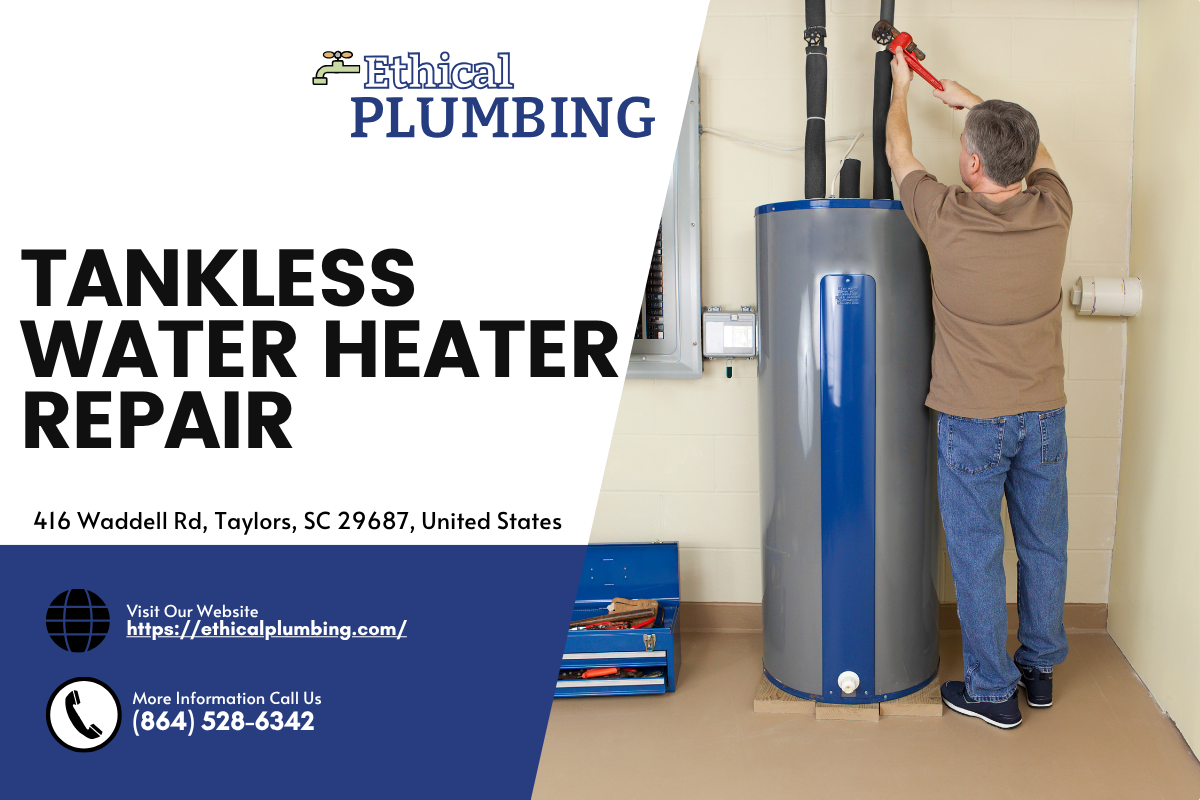
Introduction
Installing a water heater may seem like a straightforward task, but it involves several layers of complexity that can confuse even seasoned DIY enthusiasts. Whether you're considering a tankless water heater installation, a replacement of an existing unit, or simply looking for tips on water heater maintenance, this article provides comprehensive insights tailored for residents in Taylors. From understanding local building codes to selecting the right size and type of water heater, we’ll cover everything you need to know. So, let's dive into these expert tips!
Expert Tips for Water Heater Installation in Taylors
When it comes to water heater installation, especially in Taylors, there are several factors you should consider to ensure a successful setup. Here’s an outline of critical points to keep in mind:
Understanding Local Regulations
Before proceeding with any installation, it’s vital to understand the local regulations that govern plumbing and electrical installations in Taylors.
Building Codes Overview
Local building water heater installation services in Taylors codes dictate how water heaters must be installed concerning safety and efficiency. Always check with your local authority before beginning your installation project.
Permits Required for Installation
Depending on the scope of your project, you might need specific permits. Failing to obtain the necessary permits can lead to fines and complications when selling your home.
Choosing the Right Water Heater
Selecting the right type of water heater is crucial for efficiency and performance.
Types of Water Heaters: Tank vs. Tankless
- Tank Water Heaters: These are traditional units that store hot water until it's needed. Tankless Water Heaters: These provide hot water on demand without storing it, offering energy savings.
Sizing Your Water Heater Correctly
The size of your water heater matters significantly. A unit too small will leave you running out of hot water quickly, while one that's too large could waste energy.
Water Heater Replacement Process
If you're replacing an old unit, here's what you should do:
Assessing the Old Unit's Condition
Before buying a new unit, evaluate whether repairs can extend the life of your current system. Sometimes minor fixes can make a big difference.
Preparing for the Replacement Installation
Preparation is key – turn off utilities (gas or electricity), shut off the water supply, and drain the old tank before removal.
Key Tools Needed for Installation
Having the right tools makes installation smoother:
- Pipe wrenches Screwdrivers Drill Soldering tools Teflon tape
Installation Steps Breakdown
Here’s a step-by-step breakdown of how to install your new water heater:
Remove Old Unit: Disconnect all utilities. Position New Unit: Make sure it’s level and secure. Connect Plumbing: Use appropriate fittings and seals. Connect Electrical Supply (if applicable). Test Your Connections: Check for leaks before finalizing everything.Safety Precautions During Installation
Safety should always come first! Here are some precautions:
- Wear gloves and goggles. Ensure adequate ventilation if you’re working with gas lines. Have a fire extinguisher handy just in case.
FAQs About Water Heater Installation
1. What is the average lifespan of a water heater?
Most traditional tank water heaters last about 8 to 12 years, while tankless models can last over 20 years with proper maintenance.
2. How often should I perform maintenance on my water heater?
Regular maintenance is essential; ideally, conduct checks annually or bi-annually based on usage levels.
3. Can I install a water heater myself?
While DIY installation is possible, hiring a professional ensures compliance with local codes and guarantees safety.
4. What are common signs that my water heater needs repair?
Look out for unusual noises, fluctuating temperatures, or signs of leaks around the base or pipes connected to your unit.
5. How do I know which type is best for my home?
Consider factors like household size, energy efficiency ratings, available space for installation, and budget constraints when choosing between tank or tankless systems.
6. Are there tax incentives available for installing energy-efficient units?
Yes! Many local governments offer incentives for upgrading to energy-efficient appliances; check with local authorities or utility companies for water heater service taylors more information.
Conclusion
Navigating through the waters of installing a new water heater may feel overwhelming at times; however, following these expert tips will help streamline the process considerably! By focusing on understanding local regulations, choosing the right type and size of unit, preparing adequately for installation steps while keeping safety measures in mind—you’ll be well-equipped to tackle any project related to water heater service, water heater maintenance, or water heater repair in Taylors confidently!
Don't forget that professional assistance is always available should you feel uncertain about any aspect—after all, when it comes to home comfort solutions like hot water systems especially matters related specifically towards water heater replacement taylors, having an expert by your side can save both time and money down the line!